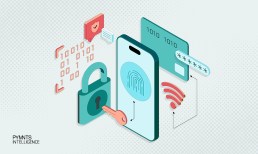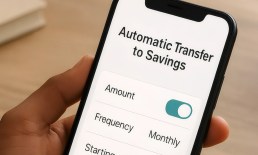In the wake of the COVID-19 pandemic, payment inclusivity across services and platforms is needed more than ever. Amid the pandemic, unemployment rates have skyrocketed, and as a result, there has been an influx in the number of underbanked and unbanked individuals and households. There is an explicit and urgent need to reach those living paycheck to paycheck, which now comprises 63 percent of Americans, as well as the unbanked and underbanked.
Globally, 31 percent or 1.7 billion, adults are considered unbanked by the World Bank. This means they do not have an account at a financial institution or through a mobile money provider. According to the Federal Reserve, about 17.2 million Americans were unbanked as of 2018-19, while about 46 million Americans were underbanked – and these numbers are only expected to rise as more Americans increasingly rely on alternative financial services (AFS). This has further heightened the need for alternative banking solutions such as neobanks and challenger banks.
The digital shift of utilizing nontraditional banking services was well underway before the pandemic – as the reliance on brick and mortar, branch-based banking was already fading. The rise in mobile and digital banking has facilitated access and convenience, but has also created a unique opportunity for fraudsters to exploit and prey on consumers. As such, there has been a significant rise in payment fraud during the pandemic, with Forrester further predicting that fraud and data breaches in banking will reach an all-time high in 2021.
Payment services and platforms are looking to reach the underbanked and unbanked, and more of the world’s population, by providing easier and safer access to digital transactions. With recent payment technologies – such as digital onetime cards, direct debit payments and cryptocurrency – making secure transactions more accessible, payment services and platforms can now reach a larger audience to help foster more inclusivity and create a more secure and seamless banking process. In the last year, there has been a significant rise in popularity for cryptocurrency, with a recent significant focus on NFTs (nonfungible tokens).
Some digital finance institutions have already adopted cryptocurrency into their services, and more financial institutions and platforms are planning to incorporate crypto to help provide more inclusivity. For example, the unbanked are able to create bitcoin wallets and transfer money internationally themselves through any internet connection with lower fees than a traditional card option. This greater access to banking options will help to fuel the economy and decrease the unemployment rate as more job opportunities are provided without the need of large banks and the high-risk credit they provide.
Advertisement: Scroll to Continue
By utilizing technology to safely and securely service the underbanked and unbanked – and by adopting robust verification methods that can service all sectors of the global population – digital finance services will open their doors to more people and benefit the global economy.




